Winter has blown in in full force with the New Year. Winter brings snow, numb toes, and chapped lips; or at least the last two on the list if you live in the south. The last thing on most everyone’s minds is splashing down into that dangerously cold water. Water below 70 degrees Fahrenheit/ 21 degrees Celsius is considered cold in the diving world since water conducts heat away from a diver 25 times faster than in air. If having your breath stolen by muscles constricting in protest to the chilly waters flooding your wetsuit is a thought that keeps you topside, you are what divers refer to as a Warm Water Wuss.
Hello, my name is Sarah and I am a Warm Water Wuss.
This is good news for you, my readers. It means after 11 years of diving I have found the means to stay connected to the diving world when the nights dip into the 30s here in Florida.
- Dive an aquarium. Go from visiting an attraction to being the attraction. Often times, the temperature of the exhibits are regulated and a quick spin through the galleries will offer a preview of the experience to come. Or you could make your own experience by interacting with the guests; people enjoy seeing fish but seeing divers is often a unique experience. You could be the one inspiring future divers!
- Get a jump start on spring by diving in springs. Springs are temperature regulated by underground heat. In summer these springs are often unwelcomingly “refreshing” but in winter they beckon with tendrils of stream rising off of the clear blue water. Diving in springs offers a different experience; reefs are replaced by sandscapes and stone faces, colorful fish may be replaced by grey manatees, or caves; if you are properly trained.
- Get your diving fix without getting wet by signing up for a class. It is true that many diving certifications require pool and open water dives to complete, but often times you can knock out the classwork, and you can always do the bookwork, while the waters are too cold.
- In keeping with that theme, get your gear serviced. If you own your own gear, it is always a good idea to get your gear serviced once a year. I find winter to be the ideal time because 1. I am not using it anyways, 2. if a part needs to be ordered, or there is a backup at the service center, I do not have to worry about possibly missing out on any diving opportunities, and 3. it will be good to go when the water warms up and I can dive secure in the knowledge it that my life support system is in good shape for the season.
- If none of the above options appeal to you, there still remains my personal favorite…TRAVEL! Get away from the cold, go and find bluer and warmer waters! (Mix things up by doing a course at home and knocking out the certification dives while away; I did this with my Enriched Air Nitrox certification.)
Are you a warm water wuss? What do you do to stay up on diving through the winter months? I’d love hear any ideas I may have missed or what your favorite winter diving is.


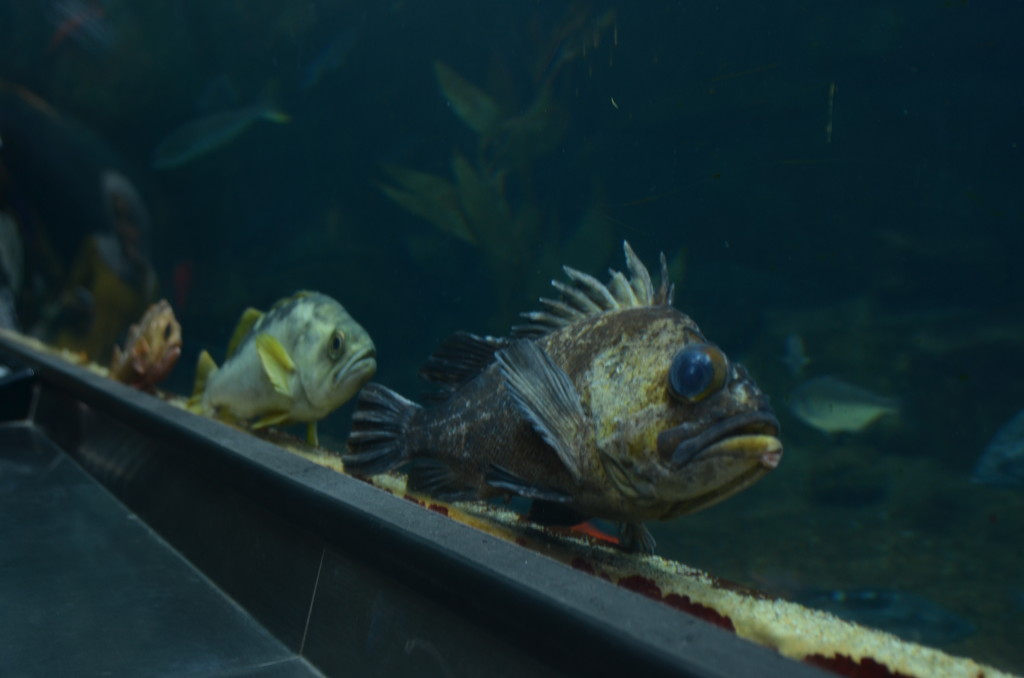
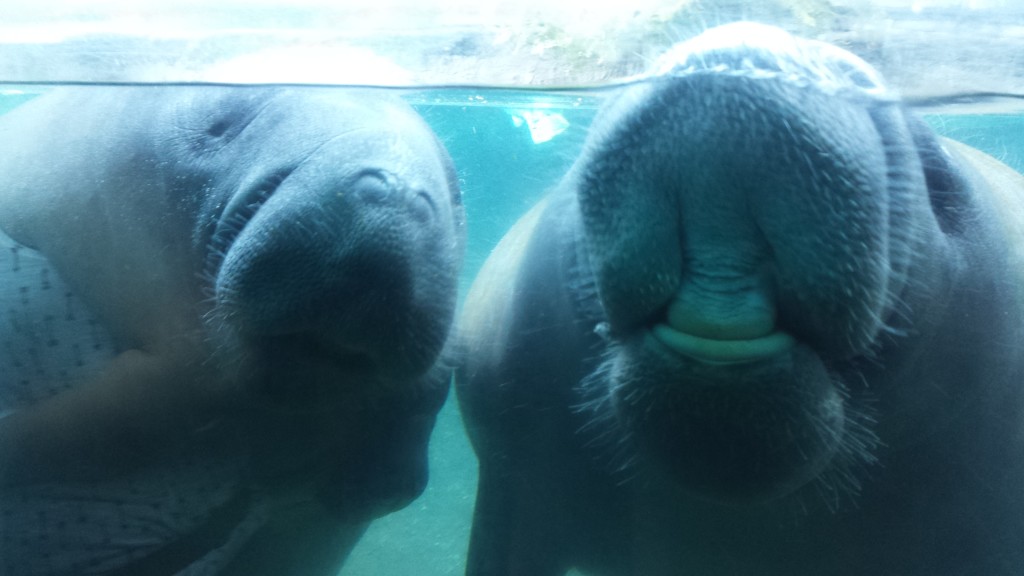
![IMG_20140526_144409[1]](http://sarahunderthesea.com/wp-content/uploads/2014/06/img_20140526_1444091-1024x1024.jpg)
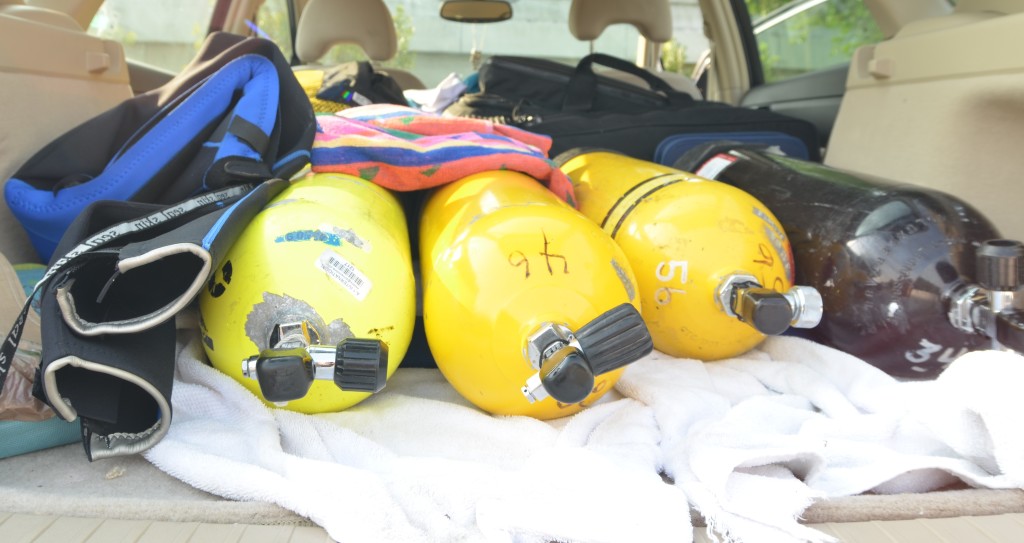
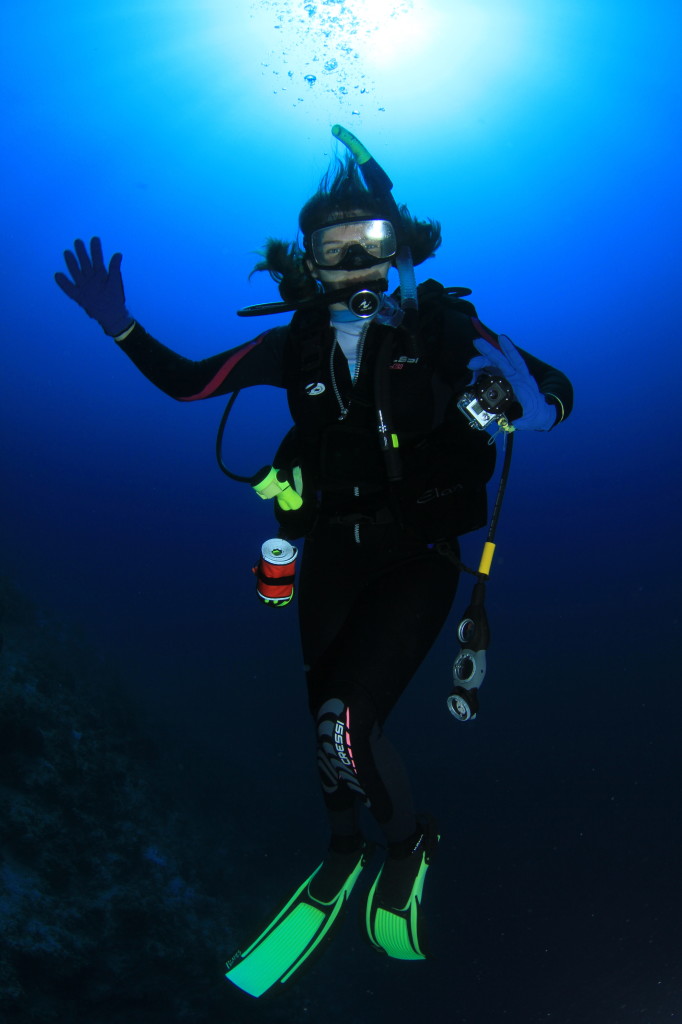
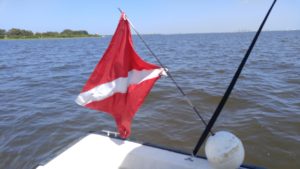
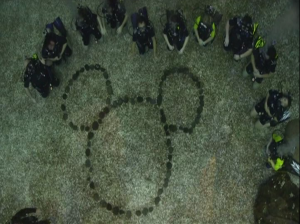
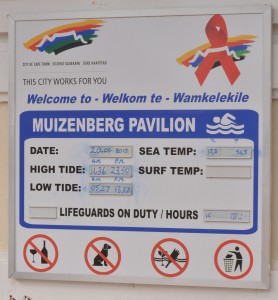

1 comment
Leave a reply →